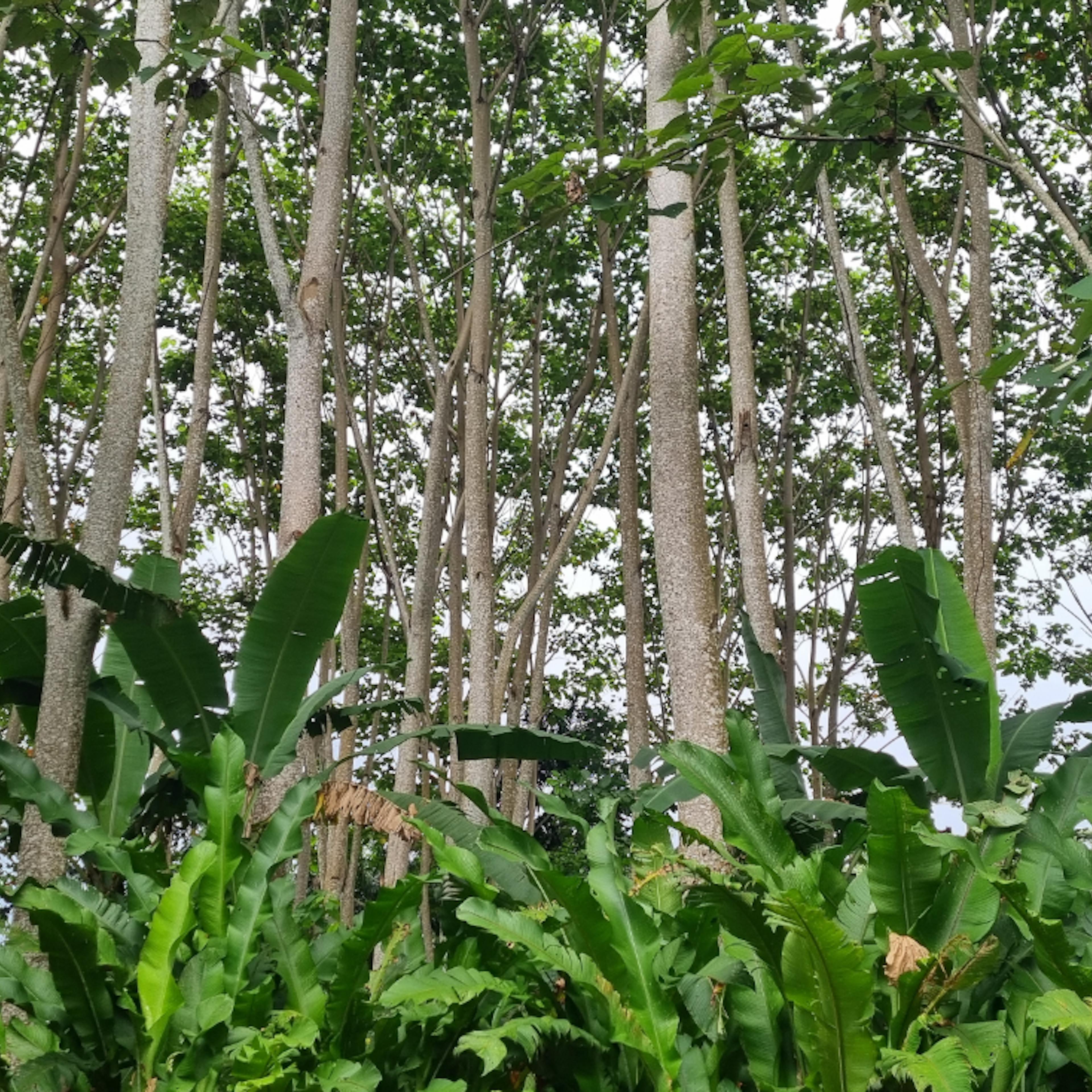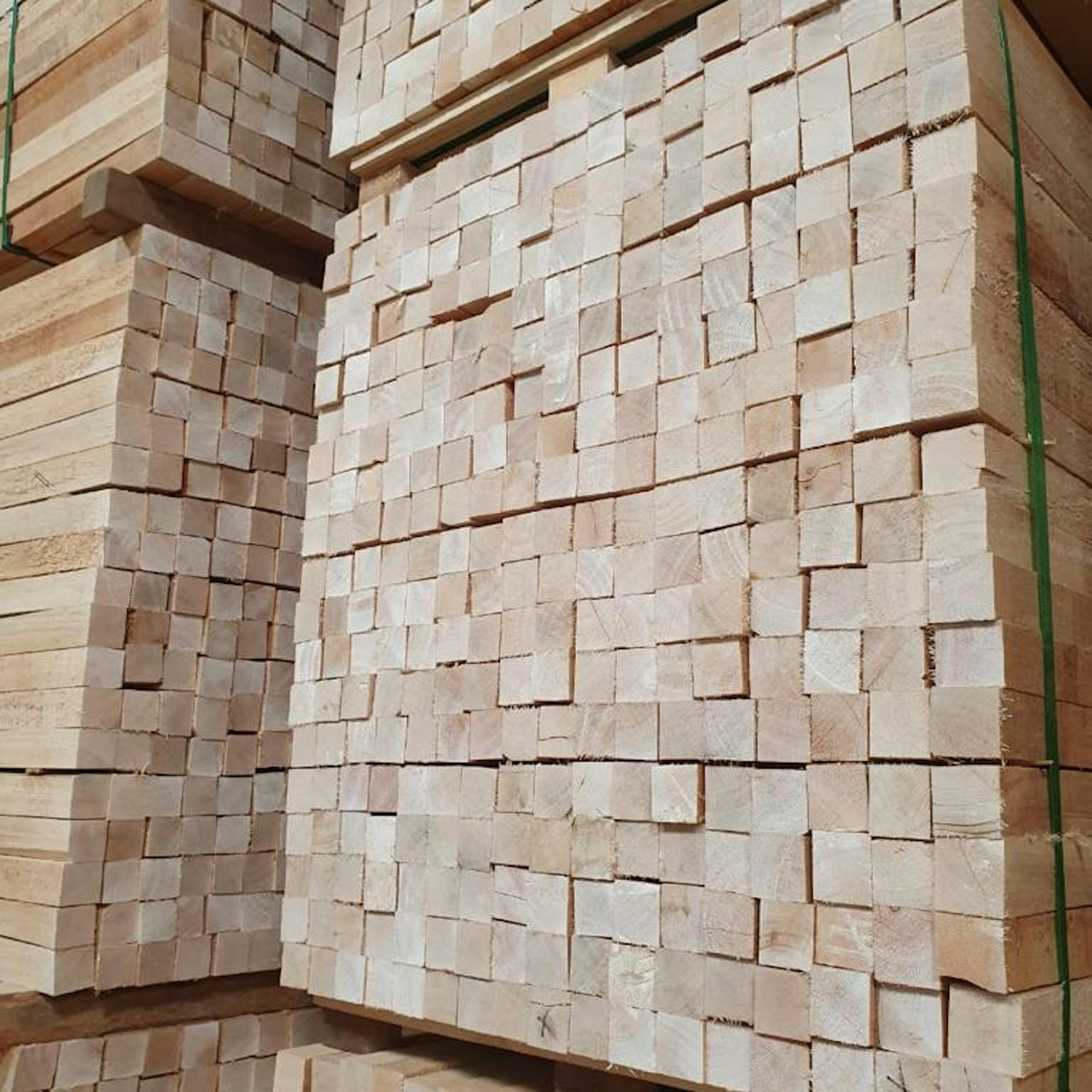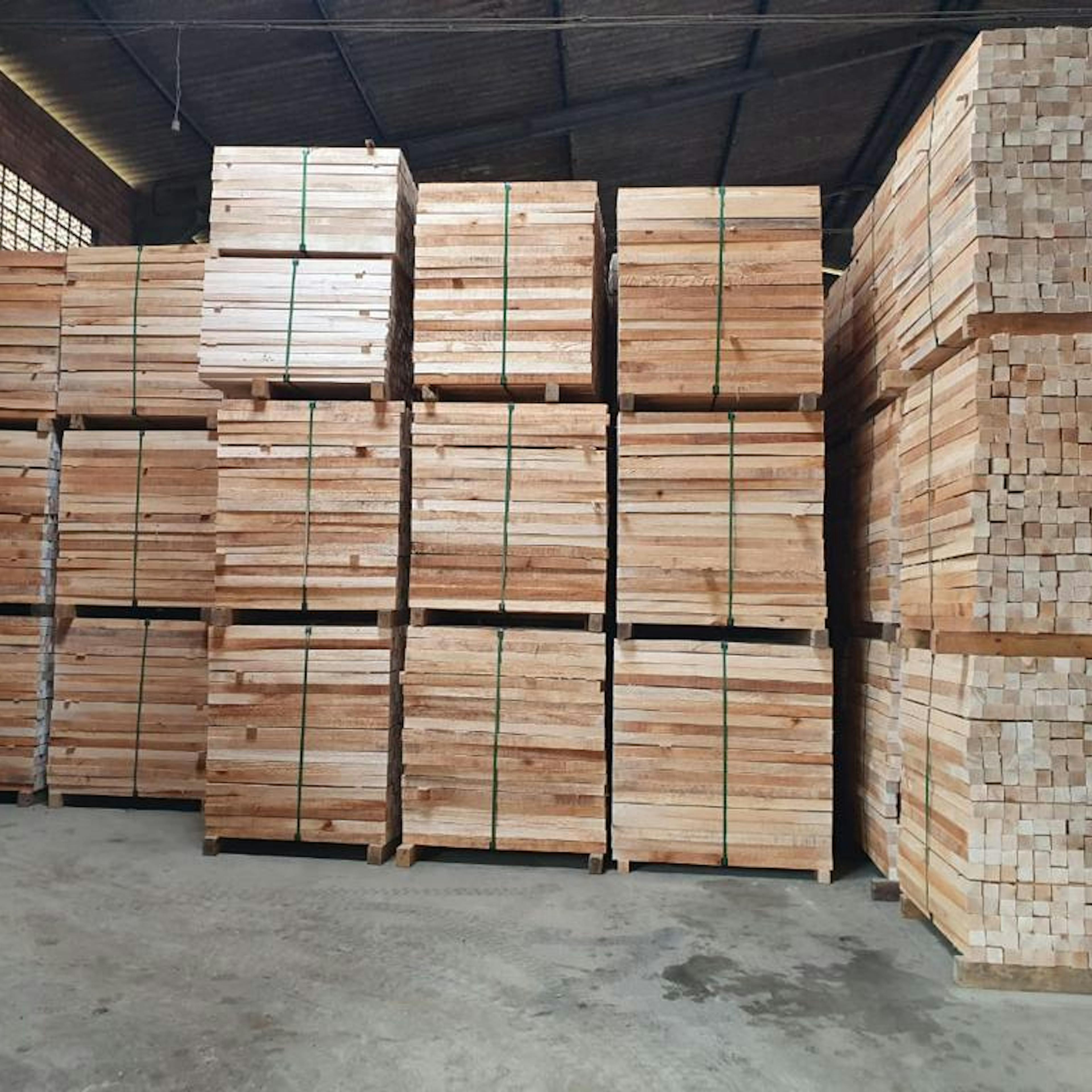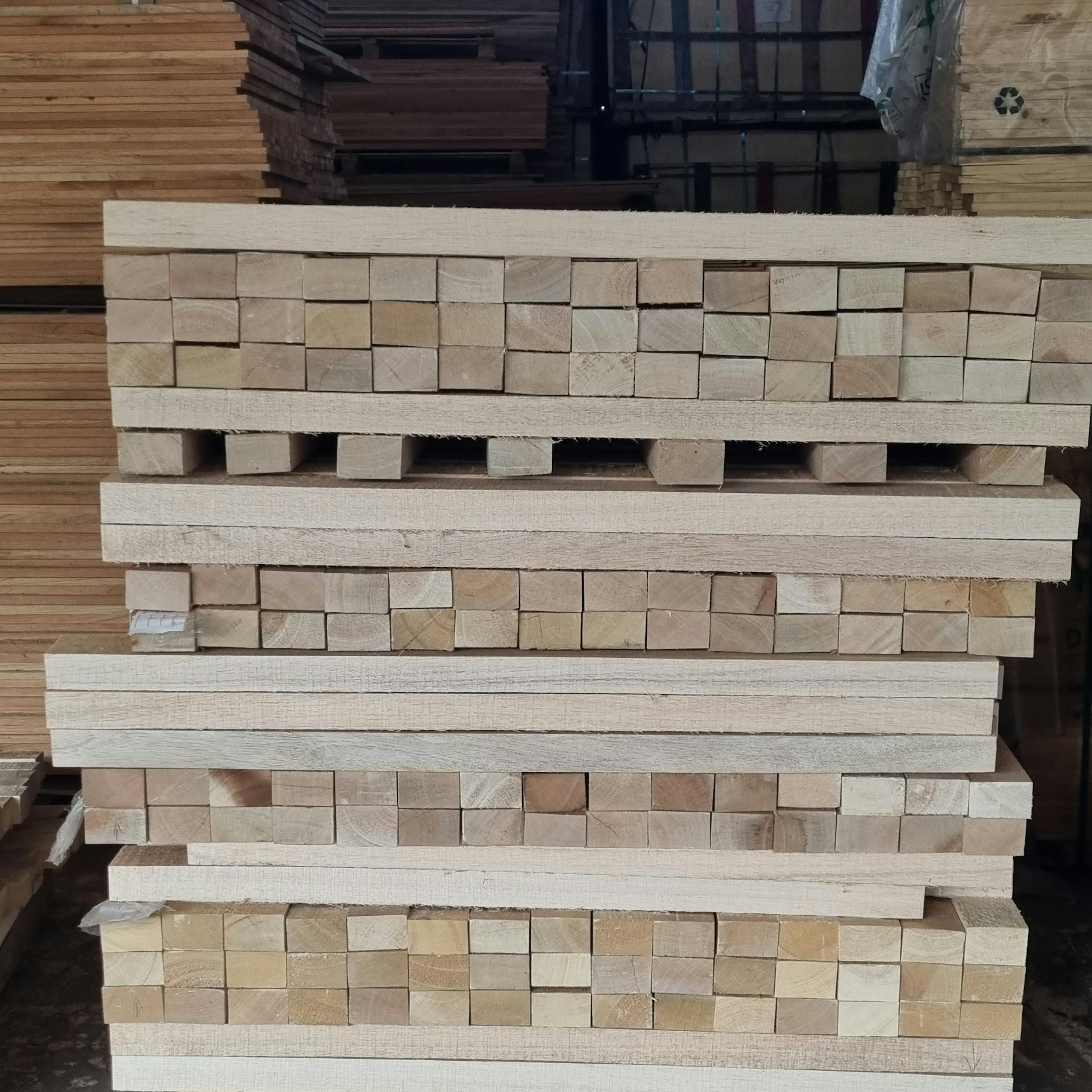
Balsa Wood
OPS Forestry are now proud partners in a Balsa manufacturing plant based in Costa Rica.
Costa Rica’s Balsa Wood is a natural marvel—lightweight, strong, and sustainably. Grown in rich volcanic soil and dried with precision, OPS Balsa is perfect for high-performance needs. Carefully cultivated and expertly kiln-dried, OPS Balsa is the go-to choice for professionals in aerospace, marine, and creative industries.



PLANTATION INSIGHT
Our plantations are located in Costa Rica at Pentshure in Limon. Our Balsa Wood production begins with precision and care. We selectively harvest trees from our own plantations, choosing only those that meet strict standards for diameter, height, and soil quality—ensuring healthy growth and avoiding water heart. Trees are sawn the same day to preserve fiber integrity and prevent early degradation.
DRYING
Drying starts in our solar kilns, where wood undergoes a slow, the wood is transported to our industrial facility in Chilamate, Heredia Province, where it is processed into strips tailored to client specifications. Each piece undergoes the S4S (Surfaced Four Sides) process, ensuring smooth, precise surfaces and consistent dimensions—ideal for high-performance applications.
Key Characteristics, What Makes Balsa Wood Special
Balsa is exported to the world, where it's used in high-tech industries and eco-conscious manufacturing. Its traceability and sustainable sourcing make it attractive to environmentally responsible buyers.
Ultra Lightweight
One of the lightest commercial woods in the world, with a density as low as 60 kg/m³. Ideal for weight-critical applications like aircraft, UAV components, wind turbine blades, and racing yachts.
High Strength-to-Weight Ratio
Despite its lightness, balsa has impressive compressive and shear strength relative to its weight, especially in end-grain orientation for sandwich panels.
Excellent Insulation Properties
Low thermal conductivity and good sound absorption make it perfect for marine engine compartments, acoustic panels, and thermal insulation in aerospace applications.
Easy to Work With
Can be easily cut, shaped, sanded, and glued, making it ideal for model building, prototyping, and custom furniture projects.
Renewable & Sustainable
Reaches maturity in just 4-5 years and is cultivated in sustainable plantations in Costa Rica, emphasising reforestation and biodiversity.



GRADES AND APPLICATIONS
Balsa is very versatile in terms of its grades and formats. Model grade is a fine-grain, ultra-light sheet for precision work. Industrial grade is typically denser blocks for structural applications. Then you have Glued Blocks, engineered for marine, aerospace, and energy sectors.
Format:
· Thin, flat sheets
· Typically 1–10 mm thick
· Fine-grain, lightweight
· Smooth finish (S4S – surfaced four sides)
Uses:
· Model building: Aircraft, boats, architectural models
· Crafts and hobbies: Carving, laser cutting, school projects
· Surfboards and skateboards: Lightweight core layers



ENVIRONMENTAL BENEFITS OF BALSA WOOD
Balsa wood isn’t just known for being lightweight and strong, it’s also one of the most environmentally responsible materials available. Here's why:
Rapid Reforestation and Renewability
Balsa trees grow incredibly fast—reaching maturity in just 4 to 5 years.
This rapid growth allows for frequent harvesting cycles without long-term depletion of forest resources.
It makes balsa one of the most renewable natural materials used in industry today.
Carbon Sequestration
Balsa is often planted on degraded or previously farmed land.
Its root systems help:
- Stabilize soil
- Improve water retention
- Reintroducing organic matter
- Can be combined with other agricultural products, in a non-competing agro-systems
Over time, this leads to healthier, more fertile soil, making the land viable for future agriculture or forestry.
Soil Rehabilitation
Balsa is often planted on degraded or previously farmed land.
Its root systems help:
- Stabilize soil
- Improve water retention
- Reintroducing organic matter
- Can be combined with other agricultural products, in a non-competing agro-systems
Over time, this leads to healthier, more fertile soil, making the land viable for future agriculture or forestry.
Biodiversity Support
Balsa trees can be integrated into mixed-species plantations or agroforestry systems.
These systems support pollinators, birds, and small mammals, contributing to local biodiversity.
Even in monocultures, balsa’s short rotation allows for frequent ecological resets and land-use flexibility.
Journey towards sustainability complete
